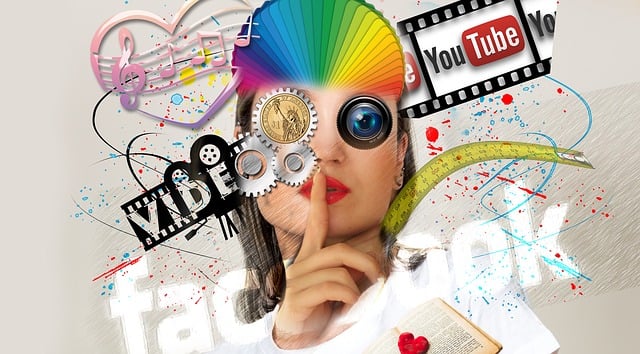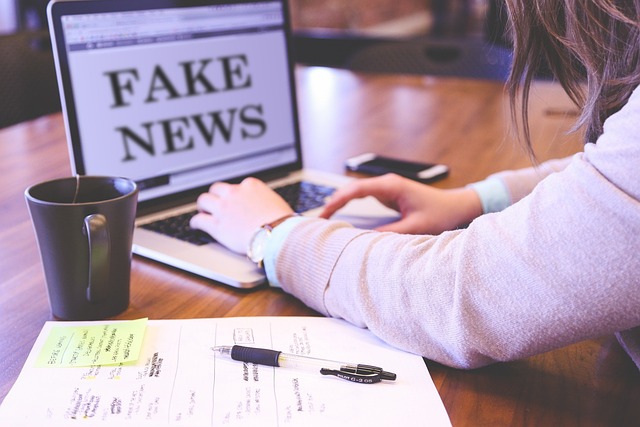
The adage “seeing is believing” has a new and frequently deceptive meaning in an era where social media plays a huge role in our everyday lives. For millions of people worldwide, social media sites like Facebook, Instagram, Twitter, and TikTok have supplanted traditional sources of news, entertainment, and social contact. But sometimes the stuff we access on these networks isn’t quite what it seems. Here’s why you should be skeptical of what you see on social media.
The Perfectionist Delusion
People’s lives are frequently presented as a highlight reel on social media. For example, Instagram is flooded with exquisitely chosen photos of glamorous trips, opulent lifestyles, and immaculate appearances. However, the reality that exists behind these well-crafted posts is frequently very different. The use of filters, photo-editing software, and deliberate positioning can elevate an unremarkable image to a remarkable level. Constant exposure to seemingly flawless lives can result in unjustified expectations and pointless comparisons, which can leave one feeling inadequate and unsatisfied.
The Misinformation Epidemic
The widespread dissemination of false information on social media is among its most alarming features. False information is readily disseminated on social media sites, from fake news items to deceptive health advice. For instance, during the COVID-19 epidemic, a deluge of false information concerning medications and vaccinations spread rapidly, frequently surpassing correct news from reliable sources. This disinformation campaign has the potential to negatively impact public perception and behavior, with potentially dire repercussions.
Content Manipulated
The algorithms on social media are made to keep you interested. Content that is likely to elicit an emotional response—whether it be one of fury, joy, or sadness—is given priority. This can cause content that is sensationalized and divisive to be amplified, frequently at the expense of more nuanced and balanced viewpoints. As a result, emotionally charged and occasionally manipulative content flourishes in this atmosphere, affecting your thoughts and perceptions without your knowledge.
Digital Deception and Deepfakes
Deepfakes are incredibly lifelike but completely fake videos made using artificial intelligence, thanks to technological advancements. These films have the ability to give the impression that someone is saying or doing something they never really did. This technology has a wide range of consequences, from benign amusement to grave dangers to individuals’ reputations and the stability of governmental systems. It gets harder and harder to tell fact from fiction as deep-fake technology advances.
The Effect of an Echo Chamber
Social networking sites frequently produce “echo chambers,” when users are mostly exposed to information that confirms their preexisting thoughts and beliefs. This selective exposure lessens the possibility of encountering different viewpoints and strengthens preconceived conceptions. Echo chambers can eventually cause excessive polarization and a skewed perception of complicated issues because they keep people from being exposed to opposing points of view.
The Real Story Behind Virtual Characters
Individuals frequently create their online personas to project a particular image of themselves. To increase their following and likes, influencers, celebrities, and regular users alike may embellish some parts of their lives. Social media content is frequently staged and meticulously crafted, often lacking any true connection to the actual world. Recognizing this can lessen the negative effects of unjustified comparisons and serve as a helpful reminder that everyone has highs and lows in their real lives, even if they choose not to share them.
Advice for Sensibly Using Social Media
- Ask Any Question: Don’t accept anything someone posts at face value. Before accepting or disseminating information, look for reliable sources and double-check it.
- Diversify the Sources You Use: To make sure you’re gaining a diverse perspective on the world, follow a range of accounts and news organizations.
- Be Skeptical of Perfection: Keep in mind that nobody’s life is as flawless as it may appear online and that people frequently share their greatest moments.
- Remain Educated About Misinformation: Learn about typical misinformation strategies and how to identify them.
- Reduce Your Exposure: Use social media with awareness and take breaks to re-establish a connection with reality and get perspective.
Final Thoughts
While social media is an incredibly useful technology that can improve our lives in many ways, it also carries the risk of misleading and deceiving people. We can handle social media more skillfully and turn it from a maze of illusions to a source of true connection and trustworthy information by keeping an open mind and a healthy dose of skepticism. Recall that not everything you read or see on social media is accurate, and that’s alright. Remain aware, sceptical, and grounded in reality.




Hi friend.
To help us continue writing quality content for you on this website, please do the following:
1. Read the article and leave a comment.
2. Share the article on social media for your friends to benefit.
3. If you find it convenient, click on the advertisements that appear on the website. This will help generate revenue for this site.